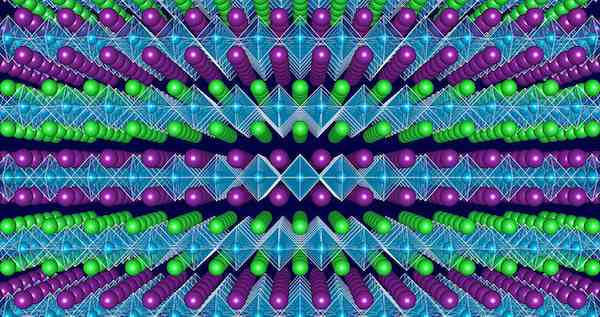ANH Refractories publishes first refractory mobile application
Harbison-Walker Refractories Company, an ANH Refractories company, announced the development of a revolutionary refractory mobile application. The first of its kind, the ANH Calculator app is now available through the Apple App Store for the iPhone and iPad, as well as Google Play for Android users, under the name ANH Refractories. This easy to use app will calculate cement kiln brick quantities for both ISO and VDZ shapes. It will determine ring counts and the total net and gross amounts of brick needed for any length kiln section. The app also has a feature that will allows users to call or email a Harbison-Walker representative for more information. The app also offers information on different ANH products and technical bulletins. The available product literature covers kiln brick installation procedures, water addition rates for castables, and information on alkali resistant monolithics.
Morgan Advanced Materials has significantly increased its capabilities at its Wilkes-Barre, Pennsylvania site. This facility manufactures complex injection molded ceramic components for use in the investment casting of turbine engine blades and vanes for aircraft and power generation, aircraft hardware, pumps, valves, and sporting goods. As part of the site’s growth, Morgan has installed advanced equipment that will enable it to produce larger parts for industrial gas turbines (IGTs), hired engineers and managers devoted to increasing production, and implemented communication enhancements to improve tracking, shipping, and delivery. Morgan has invested in capacity and technology to produce IGT cores to meet increasing global power demand. The unique manufacturing process enables shorter lead-times to be offered to customers and provides capability to meet high volume production requirements.
Kyocera consolidates North American cutting tool operations (pdf)
Kyocera has created a new wholly-owned subsidiary, Kyocera Precision Tools, Inc., to consolidate Kyocera Tycom Corp. (KTC) and the cutting tool division of Kyocera Industrial Ceramics Corp. (KICC). This consolidates Kyocera’s North American cutting tool operations in the indexable, micro-tool, and printed circuit board (PCB) cutting tool markets. Kyocera Precision Tools Inc. now carries the company’s full line of micro-tool and PCB cutting tool products, formerly supplied under the name KTC. By July 1, 2014, when the consolidation is completed, the full line of indexable cutting tool products currently supplied by the cutting tool division of KICC will be merged into the new company as well. Kyocera Precision Tools, Inc. is headquartered in Hendersonville, NC. Leading the enterprise as president is Koichi Nosaka, former general manager of cutting tools at KICC, and, as vice president, Jim Good, former president of KTC. All existing cutting tool sales and production facilities will continue to remain operational.
Murata launches new visual identity
Murata launched a new visual identity that includes changes to the corporate logo and other key visual identity elements. The objective of this initiative is to better express Murata’s philosophy and brand promise – “Innovator in Electronics.” The most visible element of Murata’s brand is the logo, which was created in the 1940’s. It is a well-known symbol that represents the story of a 70-year-old company that has transformed from a small Kyoto-based family business to a global leader in electronics components and solutions. Because of its legacy, changes to the logo are subtle, but very thoughtful and meant to convey Murata’s progressive nature.
UAE’s RAK Ceramics to raise capacity in India, Bangladesh
United Arab Emirates-based Ras Al Khaimah Ceramics, one of the world’s biggest makers of floor tiles, plans to invest $80 million this year on plant expansions in India and Bangladesh as well as technology upgrades at other plants, its chief executive told Reuters. The company, which makes ceramic wall tiles and sanitary ware as well as floor tiles and is part owned by the ruling family of the emirate of Ras Al Khaimah, posted revenues of 3.5 billion dirhams last year. It is boosting annual production in India to almost 800,000 pieces of sanitary ware from 300,000 to meet rising demand. Besides India, it runs plants in the United Arab Emirates, which accounts for around 70 percent of its overall production capacity, Bangladesh, China, Iran, and Sudan. Its capital expenditure totalled $60 million in 2013. In Bangladesh, RAK Ceramics plans to increase annual capacity by 3.5 million square metres of tiles from the current 7 million, and by 350,000 pieces of sanitary ware from 1 million. The company is also upgrading technology at factories in the UAE and elsewhere.
Author
Eileen De Guire
CTT Categories
- Electronics
- Manufacturing
- Refractories
Related Posts
Ceramics and glass business news of the week
January 23, 2015
News from the glass and refractory ceramics world
January 18, 2015


